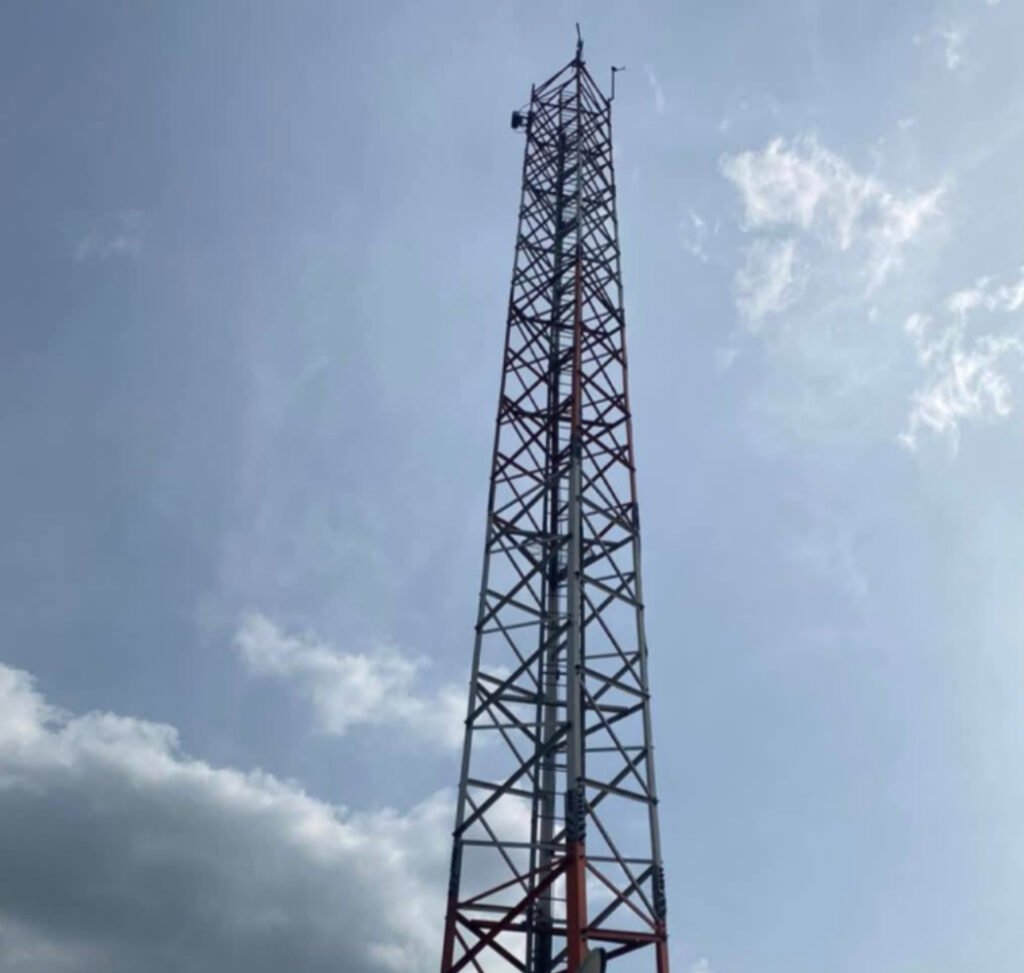In July 2023, President Bola Tinubu signed an executive order suspending the 5 percent excise duty on telecommunication services. But in August this year, he officially scrapped it. This decision closes the curtain on a levy that had stirred controversy since its introduction and removed a potential burden on Nigeria’s 172 million active subscribers.
The tax was born in 2020 under former President Muhammadu Buhari’s Finance Act, but from the outset it met stiff resistance. Industry players, advocacy groups and consumer associations warned that the levy would raise costs in a country where many households already struggle under rising inflation and poor service delivery.
For subscribers who had endured frequent data depletion and dropped calls, the thought of additional charges felt unbearable.
However, what pushed the discontent to the surface was the 50 percent tariff hike approved earlier this year. For many, it was the tipping point.
“If the Federal Government had allowed the five percent, it means there will be additional tariff increase on data calls by the operators anytime soon,” said Chief Deolu Ogunbanjo, President of the National Association of Telecom Subscribers of Nigeria (NATCOMs).
The subscribers’ association argues that while President Tinubu’s move is welcome, the government must still address the earlier hike.
“The subscribers association is still begging the Nigerian Communications Commission (NCC) to help review downward the 50 percent to 35 percent, which was what we initially agreed to earlier in the year. But, as it is, it is a succour to subscribers,” said NATCOMs.
Industry observers noted that removing the duty will boost investor confidence and spur business, particularly for small and medium-sized enterprises (SMEs) that rely on affordable communication. They warn that keeping the tax would have raised costs and cut into profits for businesses struggling to grow.
Economists also warn that excessive taxation risks choking one of Nigeria’s most dynamic sectors. The telecom sector has been a consistent growth driver, contributing over N10 trillion to GDP in 2022 and rising to 16 percent of GDP by the second quarter of 2023, according to the National Bureau of Statistics.
Removing the excise duty, they argue, not only relieves subscribers but also helps sustain digital expansion and investor confidence, particularly for SMEs that depend on affordable internet to survive.
Without President Tinubu’s intervention, subscribers would have faced a compounded tax burden of 12.5 percent on calls and data, combining the excise duty with the existing 7.5 percent VAT.
According to Stransact, a tax consultancy firm, such multiple taxes create a hostile environment for businesses, discourage investment and, sometimes, force small players to shut down.















